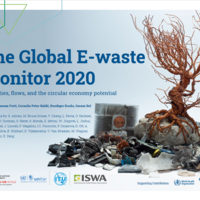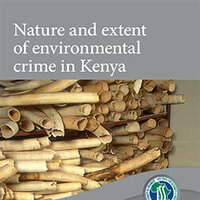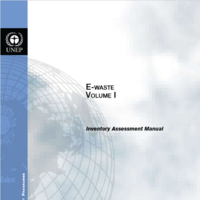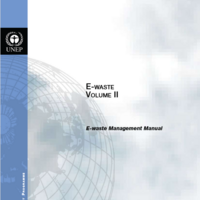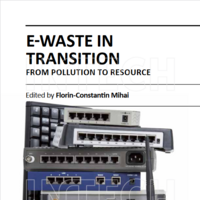Search
Books+
Searching 1,730 books
Search related to the career Petroleum Engineer
Measures for Environmental Compliance in Petroleum Engineering:
1. Environmental Impact Assessments (EIAs):
Petroleum engineers conduct comprehensive EIAs to evaluate the potential environmental impacts of oil and gas operations. This includes assessing air and water quality, soil contamination, and ecological considerations.
2. Regulatory Compliance:
Petroleum engineers ensure compliance with local, regional, and national environmental regulations. They stay updated on laws related to emissions, waste management, water usage, and other environmental aspects to minimize negative impacts.
3. Pollution Prevention and Control:
Engineers implement measures to prevent and control pollution during drilling, production, and transportation processes. This may involve utilizing advanced technologies, implementing best practices, and employing effective containment and spill response strategies.
4. Waste Management:
Petroleum engineers develop and implement waste management plans to handle various types of waste generated during oil and gas operations. They focus on proper disposal, recycling, and treatment methods to minimize environmental harm.
5. Water Conservation:
Engineers strive to minimize water usage in petroleum operations through efficient practices such as water recycling, waterless fracturing techniques, and utilizing alternative water sources. They also monitor and manage water discharges to prevent contamination.
6. Environmental Monitoring:
Petroleum engineers conduct regular monitoring of air, water, and soil quality to assess the impact of operations on the environment. This helps identify potential issues and allows for prompt corrective actions.
7. Spill Prevention and Response:
Engineers develop spill prevention plans and response protocols to minimize the risk of oil spills and effectively address any incidents. They focus on containment, cleanup, and restoration measures to mitigate environmental damage.
8. Sustainable Practices:
Petroleum engineers promote sustainable practices by incorporating renewable energy sources, reducing greenhouse gas emissions, and exploring carbon capture and storage technologies. They also work towards minimizing the overall environmental footprint of oil and gas operations.
9. Environmental Training and Education:
Engineers receive training on environmental regulations, best practices, and emerging technologies. They stay informed about advancements in environmental management to continuously improve compliance efforts.
10. Collaboration and Stakeholder Engagement:
Petroleum engineers collaborate with various stakeholders, including government agencies, environmental organizations, and local communities. They engage in dialogue, address concerns, and actively seek input to ensure environmental compliance and foster sustainable development.
Please note that this is a general overview, and specific measures may vary depending on the location, project, and company.
Source: Various AI tools
Engineering
Books tagged engineering
Searched in English.
